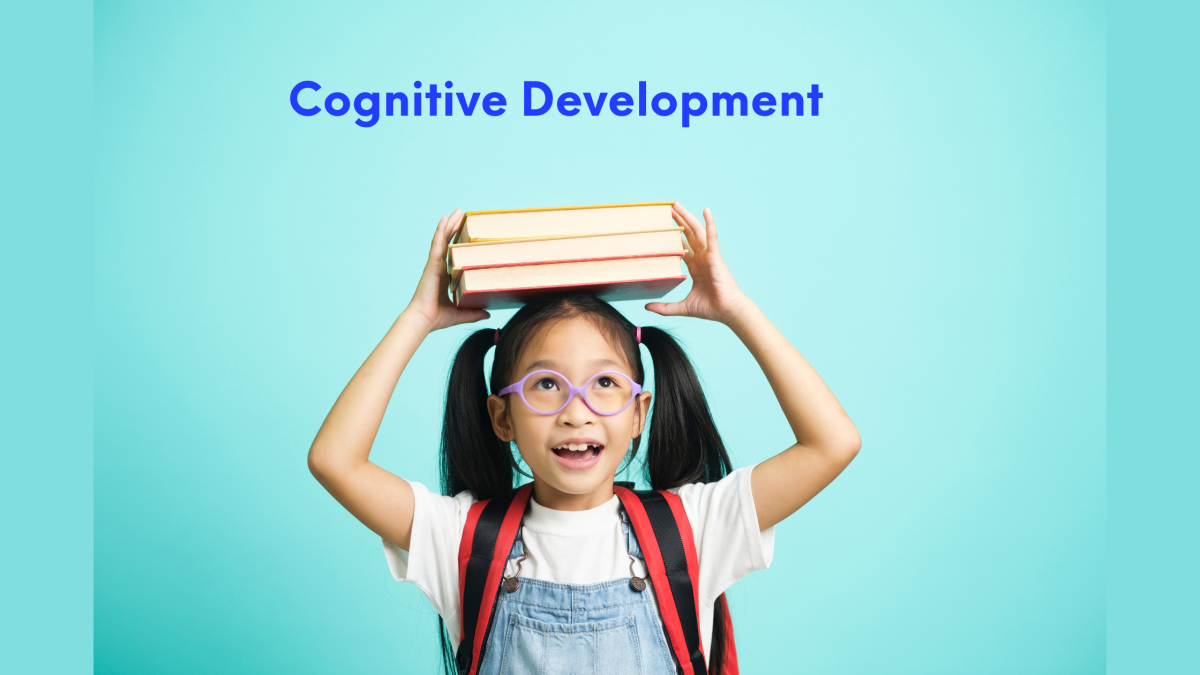
Cognitive Development: How to Start Early
Cognitive Development deals with the ability of the child to think and reason. In a proper preschool environment, most of the activities that the children are exposed to daily, are aimed at ensuring their cognitive development.
A simple sing-along is therefore a lot more than herding the little ones to follow route routines, but are in fact, parts of a greater scheme of things, which ultimately aims at their cognitive development. Similarly, the identification of noises, and practising of the alphabet and numbers are a part of this process. However, it would be wrong to deduce that cognitive development is restricted to learning letters and numbers alone. For, the children are also exposed to different shapes and colours and encouraged to count using their faculties. The ability to pick between choices and that of asking questions is an integral part of ensuring cognitive development in children. Often a visit to an interesting place, for example, a zoo, becomes an important part of this process, and playing with everyday items has been seen to aid this process.
No Child’s Play
“Teaching a child is no child’s play,” says Tamal Mukherjee, the spirit behind Nalanda Learning and one of the leading proponents of early childhood education in the country. “To instill cognitive development in a child is ideally a multi-pronged approach which is aimed at achieving the desired level of proficiency by exposing and inducing the child to participate in a variety of activities that the child will consider to be games – activities that are interesting enough to the child to willingly participate yet are of such quality that they will impart valuable life lessons leading to the ultimate cognitive development of the child.”
Tamal Mukherjee should know, having run multiple preschools for many decades now with a huge amount of success, which has also led to the development of the state-of-the-art learning system that is offered by Nalanda Learning. “You will be surprised to note how preschool children attempt to understand and explain the world around them. They organise, manipulate, construct, and predict, remarkably at that, which are all parts of the process that leads to cognitive development. However, they also have cognitive limitations. They also have trouble controlling their own attention and memory functions and often confuse the superficial with reality. This is precisely why, children should be exposed to a pedagogy that is tailor-made to address their unique needs, allowing them to flower without being didactic.